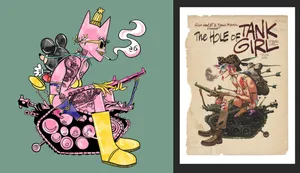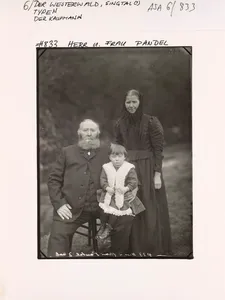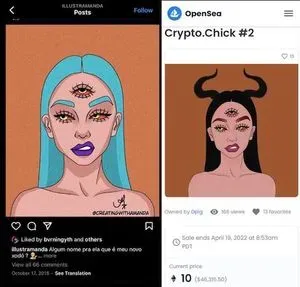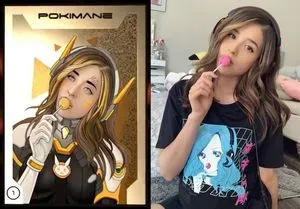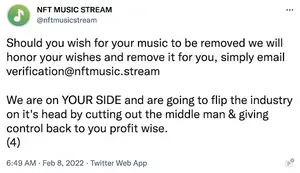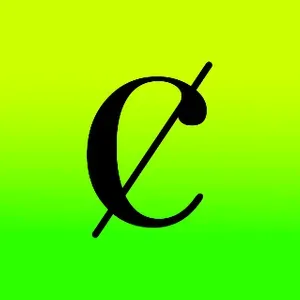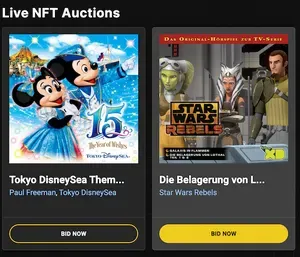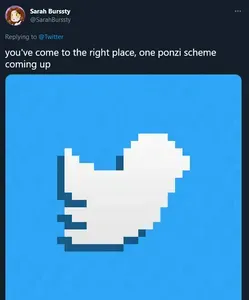Moeel responded to the criticism in a slew of tweets, writing in one: "Why did i trace tank girl art? Why did Occidental soldiers raid the Iraqi national museum of art and steal all of our cultural artifacts and history? Many questions to answer". Moeef also accused those expressing concerns about her appearance of racism, and described them all as "people who love the central banking system". "Big organizations come out to try to destroy my community of 90% women, mostly WOC like me", she wrote.
One other TCAF featured guest, Ngozi Ukazu, withdrew from the Festival, writing, "Not only do I disagree with the platforming of NFTS, but I also will not be a featured guest alongside an influencer who traces art and explicitly commodifies Black culture." TCAF wrote on Twitter that they were preparing a response to "valid concerns", and the subsequent day announced that they had rescinded the invitation due to "code of conduct violations and the concerns expressed by the comics community".

